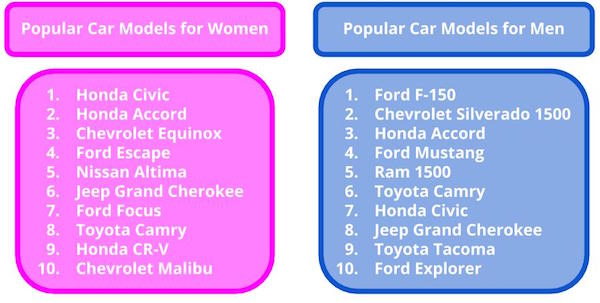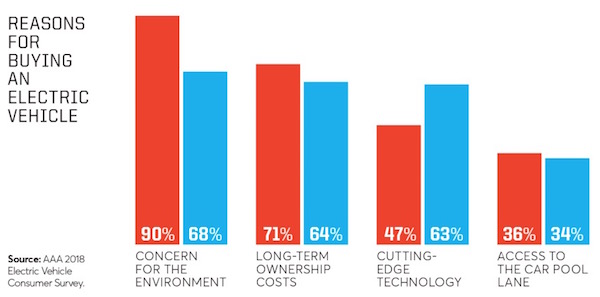The two questions I have are related to whether there are cultural factors that are causing us to resist taking individual action on climate.
1. Do Americans worry that if we take concerted steps to address climate change, then we risk diminishing our national identity?
2. Do American men worry that if they embrace climate action, then they risk being perceived as less masculine?
Here is a bit more color on those questions...
I wonder if lowering emissions is harder in the United States because of certain deeply ingrained cultural values. We’ve seen how our belief in individual liberty, for example, has made it harder for many of us to adopt masks during this pandemic, with some even referring to masklessness as a Constitutional right. We see similar objections to environmental regulations needed to combat global warming, such as improved vehicle fuel standards. But I think it’s more than that, and this post is not about our anti-regulation vein, deep as it may run. In the absence of regulation, I wonder if our cultural values lead us to make poor choices when it comes to preserving the environment.
Americans have long enjoyed the benefits of a plentiful and robust natural environment. Perhaps as a consequence, there is a certain expansiveness about modern American lifestyles that flies in the face of conservative use of resources. When you compare our culture with that of Europe or Japan, for example, we are proud of our larger cars, bigger homes, oversized refrigerators, triple whoppers, and blasting A/C. We scoff at the modest cars, efficient kitchens, and clothes lines used in other countries. As a result, our per capita emissions are two to three times as large as those other modern, developed countries. A certain wastefulness is almost a source of national pride.

Refrigerator in a typical German kitchen
Is it un-American to drive a small car, to aspire to a smaller house, even to have a small trash can? And, particularly relevant in this area, can you be wealthy in America without being wasteful? What does an environmentally-conscious wealthy person spend their money on? It won’t be air travel, large homes and cars, new wardrobes each year, or steak dinners. Is there such a thing as an indulgent meal of beans? How do American culture and American wealth mesh with environmental awareness?

Related to this, I wonder about traditional masculine values. I am no expert on this for sure, but meat-eating, truck-driving, and “muscle cars” seem inextricably tied to some American mens’ self worth. Do men worry that being environmentally friendly by driving a smaller and more efficient car or eating less red meat will make them appear weak?

Men tend to buy larger and less fuel-efficient vehicles. (Source: cars.com, 2019)
Is there a “man's man” that is also environmentally friendly? What does that look like?

Many more men than women are buying EVs. Is it a tech and torque thing? Men’s reasons for buying an EV are in blue, women’s are in red. (Source: Consumer Reports, 2019)
It’s hard to shift culture and it takes time. I worry that we aren’t thinking hard enough about how to do this quickly. Are our popular shows, movies, games, magazines, and schools championing updated ways to be determinedly low-emission while retaining a strong sense of American and/or masculine identity? I’d love to hear your thoughts on this. Do we have a cultural problem or are these notions of Americanism and masculinity already relics of our past? Are we moving quickly enough to change our culture? Where have you seen effective attempts to shift our sense of identity?
Notes and References
1. I would love some pointers to quality studies on this topic. Maybe it’s all buried behind paywalls? Where is the good social science to be found?
Current Climate Data (July/August 2020)
Global impacts, US impacts, CO2 metric, Climate dashboard (updated annually)
Sometimes readers ask how much of a difference the pandemic has made in our emissions. I find this graph to be very helpful. You can see the projected pre-covid emissions and the projections now, which are somewhat better. You can also see where we are relative to the Paris targets, and where we need to be to stay below 1.5C or 2.0C.

Our emissions reductions lag far, far behind where we need to be. (Source: CNN, 2020)
Comment Guidelines
I hope that your contributions will be an important part of this blog. To keep the discussion productive, please adhere to these guidelines or your comment may be moderated:
- Avoid disrespectful, disparaging, snide, angry, or ad hominem comments.
- Stay fact-based and refer to reputable sources.
- Stay on topic.
- In general, maintain this as a welcoming space for all readers.




